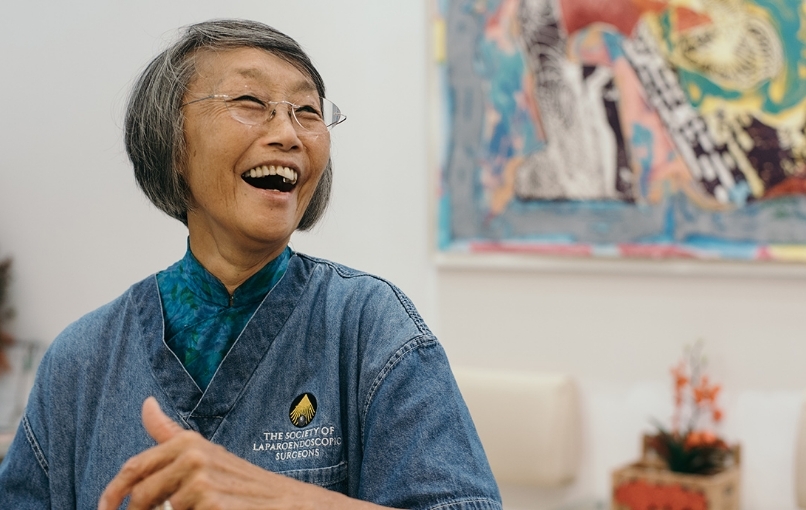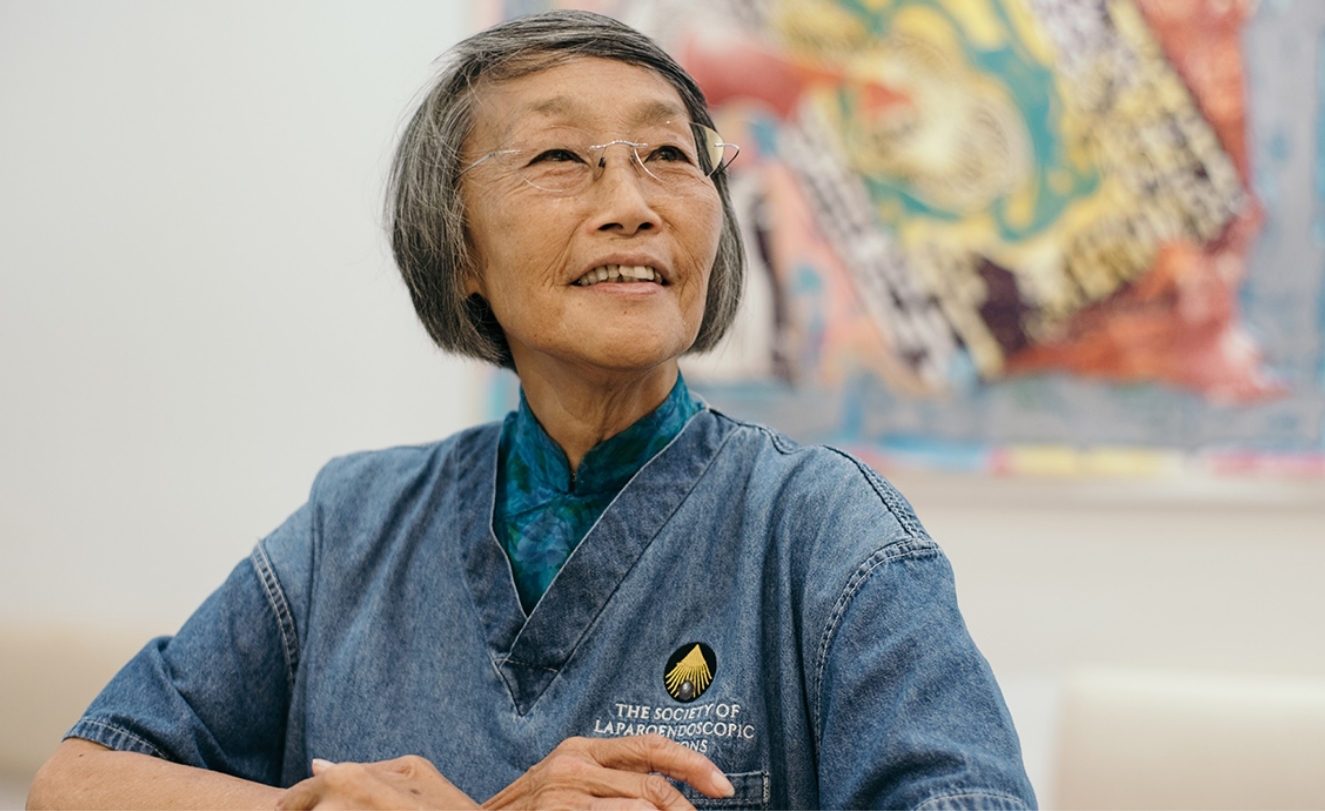Music That Heals

Dr Maurine Tsakok
Despite her specialty in women’s reproductive health, Dr Maurine Tsakok has another area of interest: choral singing. She shares why this hobby is more than a passion, but a way to proactively support brain health.
As a teenager taking her piano exams, Dr Tsakok fell asleep during a grading session and failed, thanks to a family friend’s well-intentioned but poorly judged attempt to help her relax. “I didn’t know it at the time, but I was given calming pills,” she recalled with a hearty laugh. That experience steered her away from music for the rest of her adult life.
But about years ago – after an unexplained episode of temporary amnesia – Dr Tsakok found herself coming full circle. Concerned about her neurological health and looking for a way to stave off dementia, Dr Tsakok did some research. During a conference on ageing, she heard a speaker talk about singing as a way to improve cognition. “I thought it was a great idea and decided to join a choir,” she said. Despite having no formal training, she slowly picked up skills and techniques as she went along. “I discovered I couldn’t just sing in any way I wanted,” she joked, “There was a lot of discipline and physical training involved.” She even roped in her godson, musician Darius Lim, to coach her. She found singing stimulating to mind and body. Choral singing, she observed, brings about mental clarity, stress relief, building focus and improving memory. The discipline of breathing and stimulation to the lower torso and pelvis is also beneficial, she added.
Encouraged by her own research and personal experience, Dr Tsakok even inspired Prof Kua Ee Hock, a geriatric psychiatrist with a special interest in ageing, dementia and depression, to begin research on the prevention and treatment of dementia the role through music, particularly choral singing. She successfully raised some $420,000 for the cause, through – what else – three choral concerts.
Today, the alto continues to pursue her passion and continues to be a vocal champion for active ageing. She has recently expanded her repertoire to Gregorian music and is enjoying Chinese choral music for senior research choirs. She hopes to show, through her own journey in song that anyone can reap the benefits of music. “It can be learnt,” she said encouragingly, “Just keep practicing – the more you practice, the better it is for your brain!”
“I thought it was a great idea and decided to join a choir. I discovered I couldn’t just sing in any way I wanted. There was a lot of discipline and physical training involved.”Dr Maurine Tsakok

The information provided in this article is meant purely for general information purposes only and may not be used as a substitute for medical advice, diagnosis or treatment. If you have any questions or concerns about your health, please seek the advice of your doctor or qualified healthcare provider. The views, information or opinions expressed in this article are solely that of the writer and the interviewees and do not necessarily reflect those of, and are not endorsed by, Camden Medical Centre.